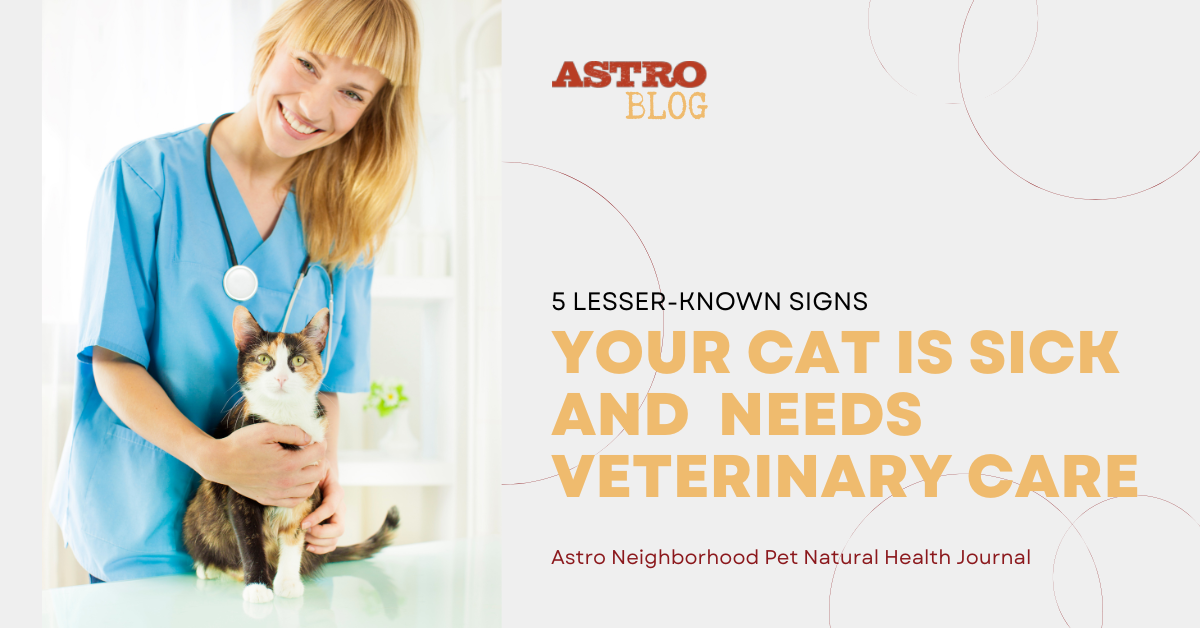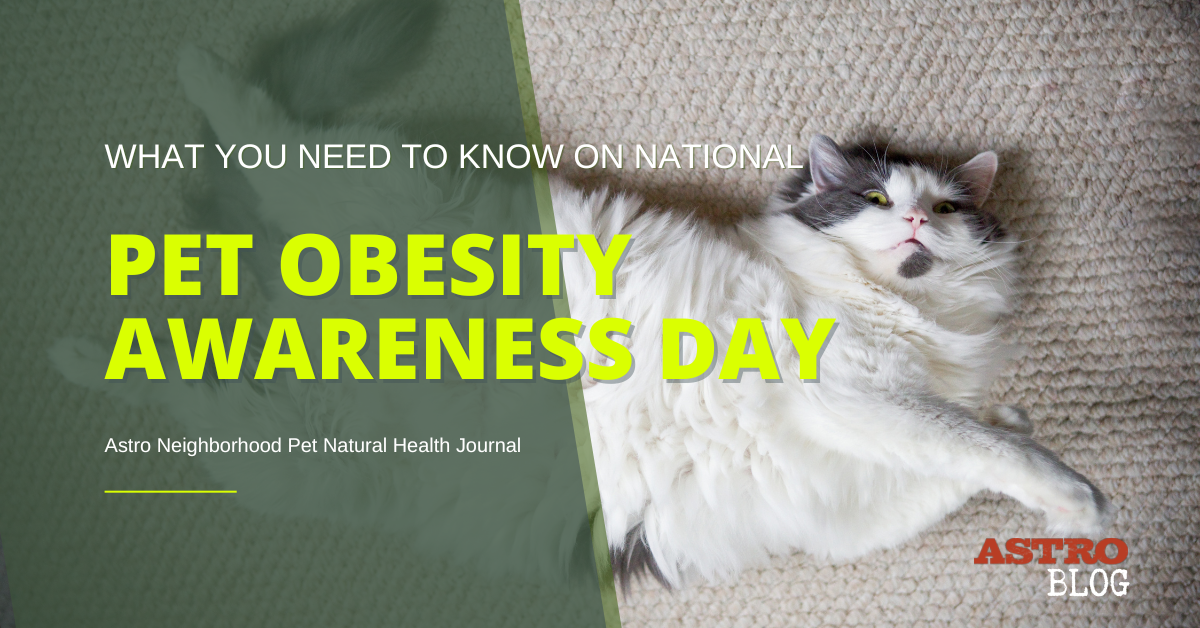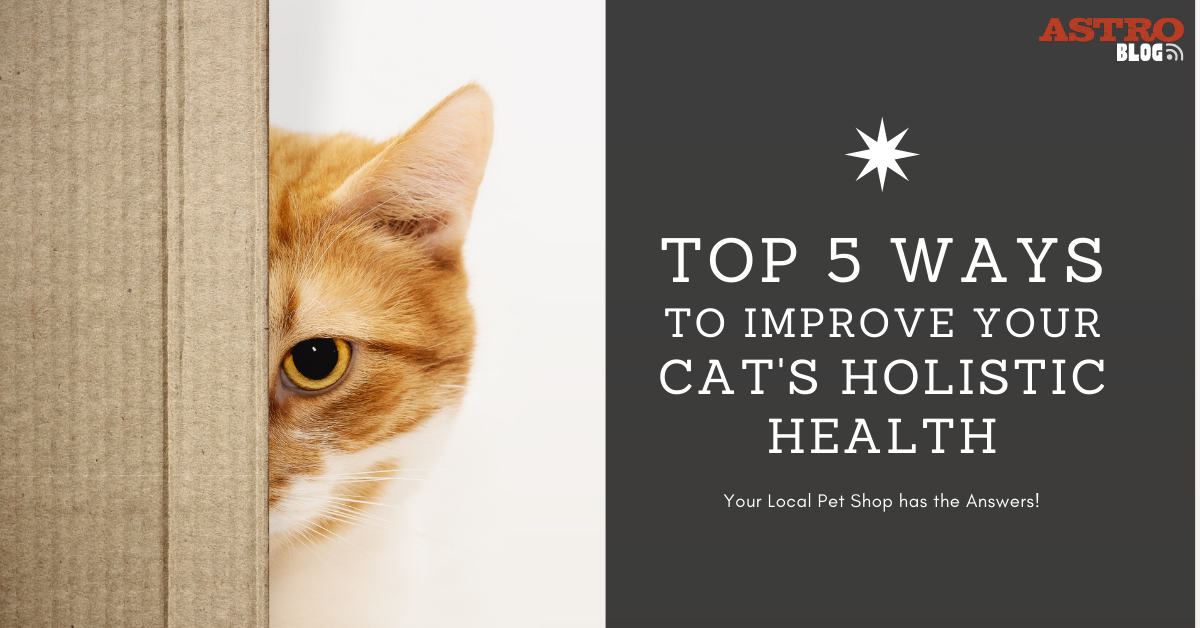Cats can be curious creatures at times, including when they’re sick. It can be difficult for cat owners to make early detection of illness in their pets because cats are so good at hiding when they’re not feeling well. Evolutionary factors encouraged cats to hide weaknesses in order to survive, and this trait is still present in cats today.
However, there are subtle changes that cats display when they’re sick, which can help you realize that your cat may need medical attention.
In this article, we’ll address five of the lesser-known (but common) signs that your cat is sick and needs a check-up with a veterinarian.
#1 Change in Weight
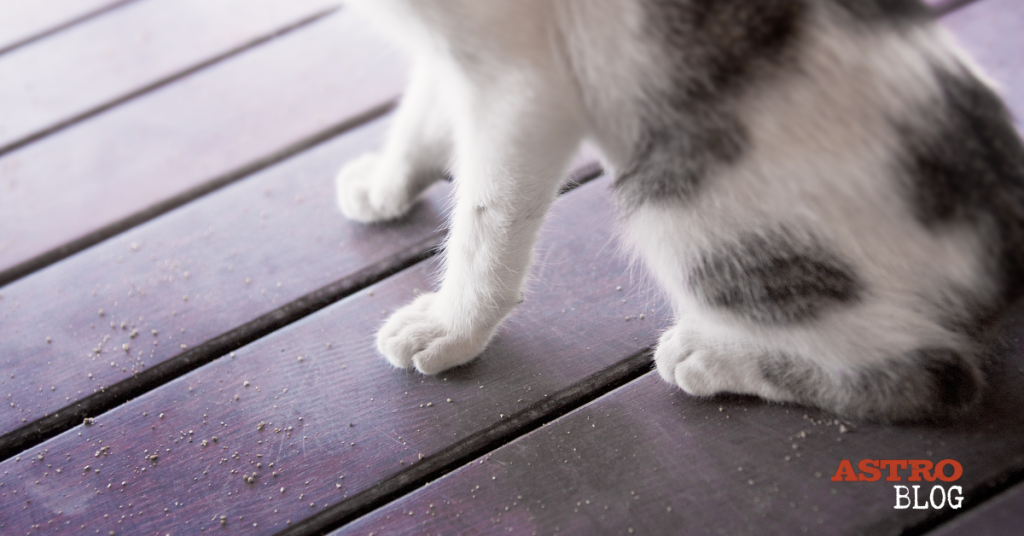
If you notice your cat losing weight, it’s probably time to call your veterinarian. Sometimes weight loss can result from a minor issue—maybe you don’t free-feed, and they aren’t getting quite enough to eat during scheduled meal times.
However, noticeable weight loss can also indicate parasites, diabetes, or cancer. You don’t want to leave serious illnesses like these left untreated, so if you’re noticing weight loss in your cat, consult with your veterinarian.
#2 Bad Breath
When you think of pets, you probably don’t immediately think of breath that smells like daisies and sweetness. Sometimes cats eat foods that don’t make their breath smell the greatest. However, cats shouldn’t consistently have a foul odor on their breath. If your cat’s breath smells particularly bad, it could be a sign of dental disease or other diseases in the mouth, as bad breath can indicate inflammation or decay in the gums or teeth.
Bad breath can also signify an even more serious issue, like a respiratory or liver problem in your cat. To keep your cat happy and healthy, it’s best to see a veterinarian if you notice bad breath.
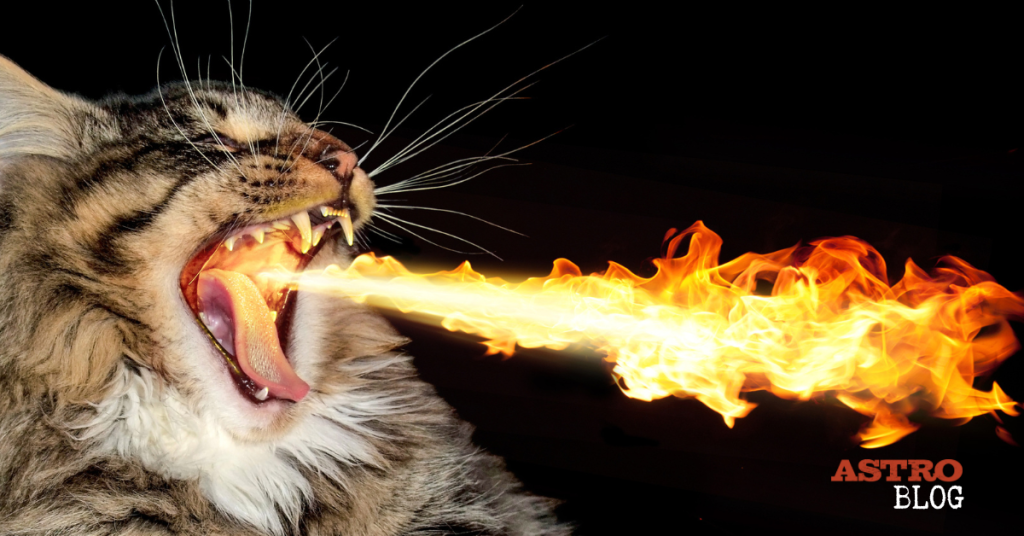
#3 Change in Litter-Box Usage
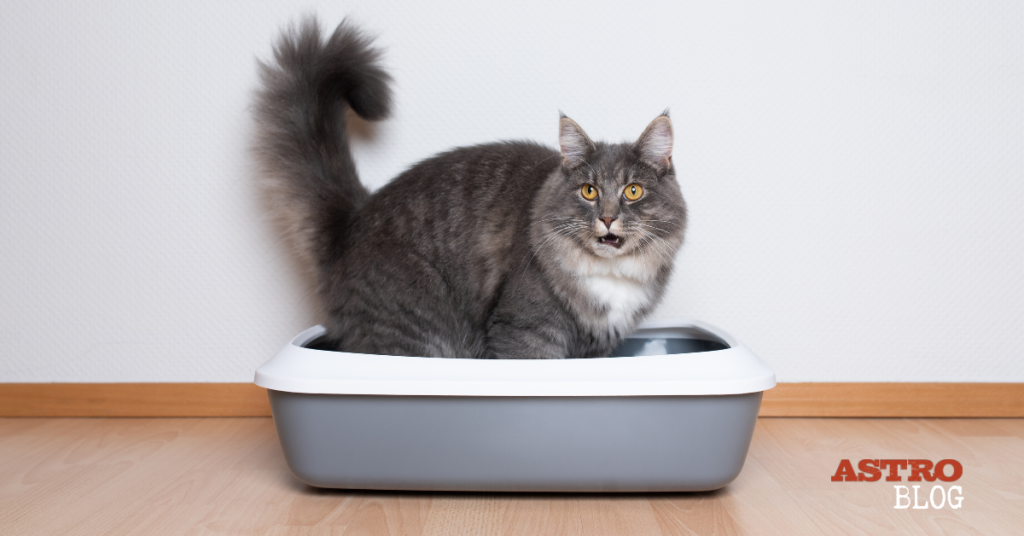
One of the biggest signs that something may be wrong with your cat is if their use of litter boxes changes. Diarrhea is not normal in cats and should be something that you see your vet about if you notice it in your cat’s litter box. An excess or lack of urine, as well as any blood in your cat’s waste, can also signify that your cat needs to be checked out. For instance, little to no urine or traces of blood in urine could mean that your cat has a urinary tract infection or disease.
On the flip side, if your cat is urinating noticeably more than normal, it could mean that they aren’t retaining water. It’s also important to note that if your cat is urinating outside of the litter box or around your house, that can be a sign that something isn’t right.
Sometimes this can be a quick fix. For instance, your cat might not like the litter you’re using, in which case, you can try a different brand of litter. However, this could also indicate a more serious health problem, and you should check in with your vet immediately.
#4 Change in Energy Level or Movements
Some of the most telling signs that your cat may be sick are the most subtle. Little changes in the way your cat positions itself can be a sign that they should see a vet. Are they more hunched over than usual or sitting at a weird angle? Do they look uncomfortable? This might mean that something is wrong.
A change in energy level is another common sign that your cat may be sick. Just like when you’re sick and don’t want to interact with people, cats may be less sociable than they usually are if they’re ill. If your cat is suddenly less active than normal, it might be a sign that they’re sick. On the other hand, cats that have more energy than normal may be showing anxiousness, which could also be caused by pain or illness.
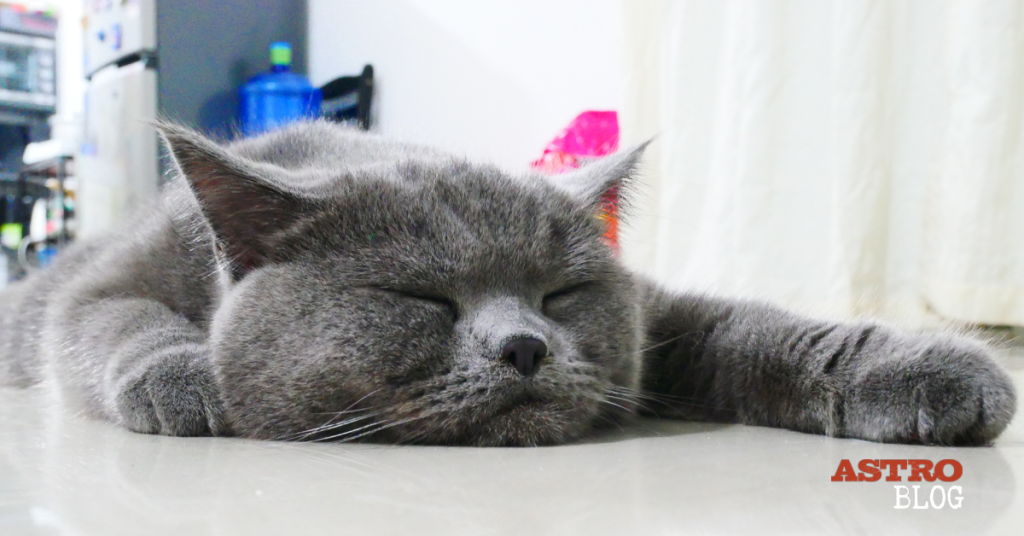
Of course, sometimes cats are just more tired or energetic than normal. However, if you see a consistent change in your cat’s energy level for more than a day or two, it’s best to check in with your veterinarian to ensure there aren’t any health issues needing medical attention.
#5 Change in Appetite
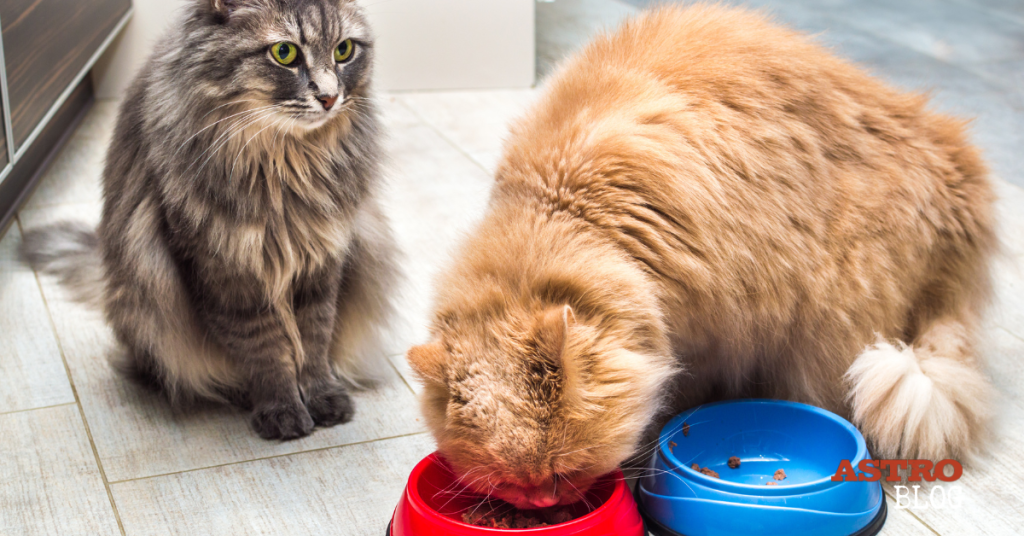
Another key sign of illness in cats is a change in appetite. If you notice your cat isn’t eating or is eating very little, you should contact your veterinarian right away. If your cat is eating noticeably more than usual, you should also check in with your veterinarian.
An increased appetite can indicate that your cat isn’t absorbing nutrients and energy from the food they’re eating. While an increased appetite in cats could be nothing to worry about, it could also mean that your cat has diabetes or parasites. As always, it’s best to make sure there are no serious health problems by calling your vet or making an appointment.
Conclusion
There’s no such thing as being “too safe” when it comes to our pets. Awareness of the above signs of an illness can help you detect sickness or pain in your cat, but you should also learn to trust your instincts. If something seems off, it very well might be. It doesn’t hurt to call your veterinarian just to ask for an expert’s opinion.
Give your cat an extra pet (because a healthy cat is a happy cat!), and head over to “The Neighborhood” & “Nutrition” sections of the Astro Loyalty blog to learn more about a wide variety of pet-related topics.


